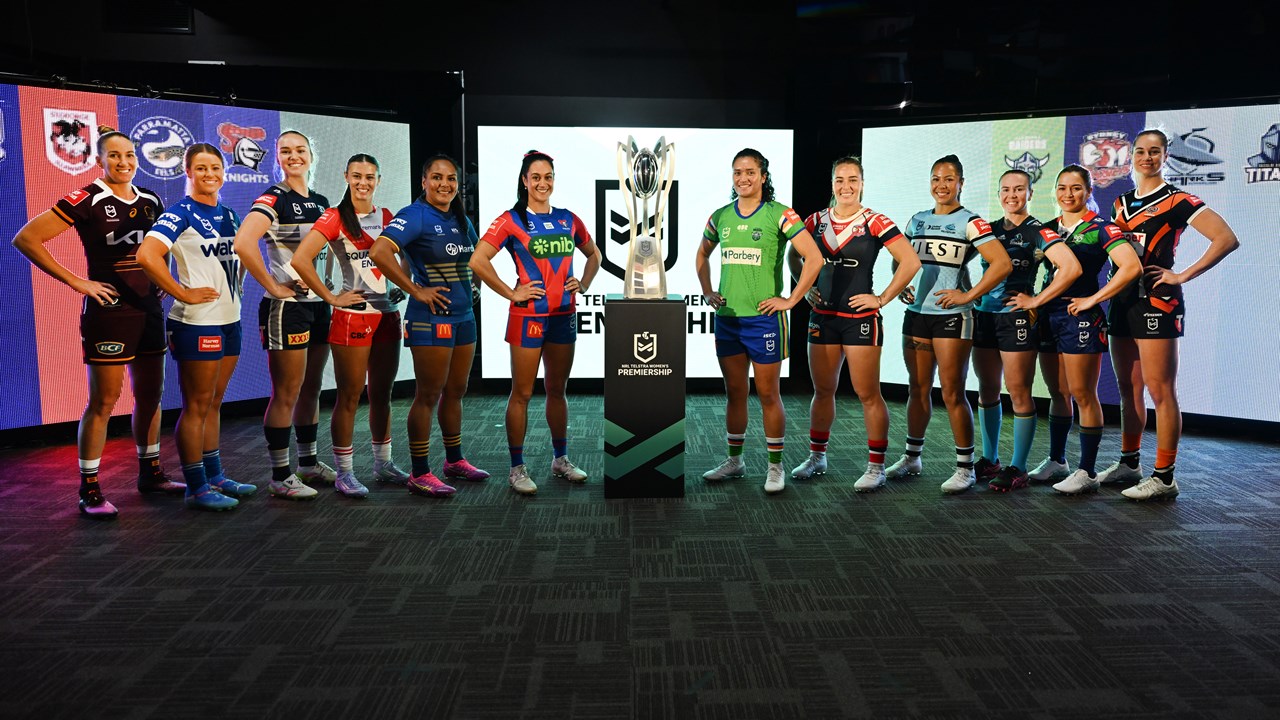PricewaterhouseCoopers’ (PwC) have released the annual Global Sports Survey, highlighting the burgeoning optimism among sports experts when it comes to women’s sport.
The report found that 85% of sports administrators are forecasting double-digit revenue growth for women’s sports over the next three to five years, underscoring a transformative period for the sector, as stakeholders increasingly recognise the potential of women’s sports as a dynamic growth engine within the broader sports industry.
The survey identified several strategies considered vital for attracting new audiences to women’s sports. Key among these are:
- Increased promotion (18%), including advertising and competitive ticket pricing
- The enhancement of live broadcasting of events (16%),
- Improving the match day experience through better food options and increased accessibility (13%)
Further strategies include boosting athlete storytelling (12%) and ensuring family-friendly scheduling (12%), underscoring the multifaceted approach needed to drive engagement and support.
Investment and Innovation
Out of the 411 experts surveyed across 46 countries, key investment areas identified included teams and leagues (41%), gaming (22%), and technology (17%). There is also a noted increase in the popularity of minority and joint venture investments, with both receiving support from 36% of sports leaders.
Despite the optimism, 44% of respondents cited financial concerns as a significant barrier to hosting large events. While investments in infrastructure (25%) and tourism benefits (24%) are acknowledged, challenges persist in gaining public support (19%) and finding suitable facilities (15%).
To address these challenges, 64% of experts advocate for new hosting models, and 60% highlighted utilising existing venues for future major events, aiming for sustainability. The concept of a multi-location model is favoured by 86% as the optimal approach for hosting large-scale events.
Technology and Future Prospects
The survey also shed light on the integration of technology, with 59% of sports leaders reporting a lack of a clear Generative AI (GenAI) strategy, despite its growth potential. Barriers such as funding and capability needs were highlighted, presenting opportunities for early adopters to secure a competitive advantage.
PwC’s report emphasises that the sports sector remains highly attractive due to continued revenue growth, driven by media rights and sponsorship deals. It also points to the emergence of more sustainable business models, with 83% of executives acknowledging the need for new commercial models to attract investment.
Expert Commentary
Clive Reeves, PwC’s global sports leader, noted, “The report provides valuable insights into the state of the sports industry and its future prospects, from some of the top leaders and sports strategists globally. Despite economic uncertainties, the industry remains optimistic and poised for growth. This summer, in particular, highlights the pulling power that sports continue to have – from the men’s Uefa Euro 2024 to the Paris Olympic and Paralympic Games.”
Looking Ahead
Sports leaders remain cautiously optimistic, anticipating a market growth rate of 7.3% over the next three to five years. Women’s sports, in particular, have made significant strides over the past year, with promising growth potential still to be realized.
As interest in women’s sports continues to soar, the focus on media coverage, fan engagement, and investment activity remains crucial. The opportunity to craft unique experiences tailored to new audiences presents an exciting frontier. The challenge lies in balancing the enhancement of the sporting product with overall development, ensuring sustained exposure while deepening understanding of fan demographics to enhance engagement.
This outlook not only reflects the ongoing evolution of women’s sports but also highlights the broader trends shaping the future of the sports industry.









